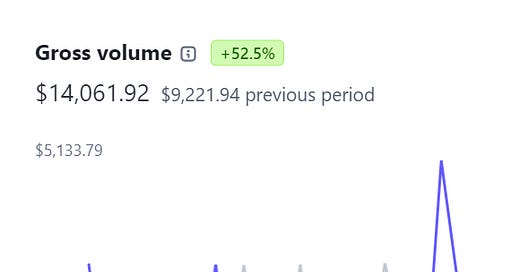
Important Ranking Factors for Search Engine Optimization

There are so many options to chose from when putting together an online marketing campaign. It can be overwhelming to decide which route to take. Some people say social media, some people say email, other's say search. Let's break this down a little further. We are big believers in the power of social media. We have said over and over again that we believe in following the attention of the consumer. People are spending lots of time looking at social media through their cell phones and for that reason, being active on social media is important. However, one of the problems with social media is that you are essentially pushing your content and your material towards people. They don't necessarily have any initial interest in what it is you have to say. This is why SEO is so valuable. It is a different mindset because people are coming to you. When people search things on Google they are doing so to answer a question or solve a problem. If you can be the answer to that problem, you are going to get a lot of business. Let's break down this week's video on important rankings factors for SEO.
Subscribe on YouTube

1 - Backlinks are Still the Key
You need to be getting authoritative and relevant backlinks to your website and web pages. You can write the best content, have the best site structure and make the prettiest website. Without links, Google will not recognize you as an authority in whatever industry you are a part of. There are many ways to acquire backlinks, but there is no set path or strategy to do so. At Stodzy, we practice an authentic and organic strategy. We do the actual outreach and network with like-minded companies and websites. We create natural backlinks because they are the most relevant and they will also yield the great results. Acquiring backlinks is difficult. It is one of the most challenging aspects in all online marketing. However, if you are able to really develop a great outreach program, your site will bring in more and more relevant traffic and it is guaranteed that your business will grow because of it.
2 - Good Content
When Google indexes the web, part of what they are looking for is words. In order for Google to understand what your business and your website are about, there must be words on the page. Content is valuable for many different ways but in terms of SEO, it is a matter of providing the best information that will solve someone's problem. While writing this content, you want to be sure to format it properly so that Google can read the words and get a good understanding as to what it is that you are talking about. We can break this down into a few different elements of on page content.
Title and description tags
The headers
Keyword ratio
Semantic terms
You need to really spend time creating great content. Long form content will pay off and it will give the search engines a greater idea as to what your message is.
3 - Site Structure
Understanding correct site structure takes some practice and dedication to studying the technical elements of a website. Site structure is a form of on-page optimization, which is just as important as off-site optimization techniques, such as backlinking. In order for Google to properly index your site, they first need to be able to navigate through the website. If there aren't pathways and links for the "Google Bots" to travel through, then your page will never be indexed. You must really let Google know that your pages are available and are ready to be indexed. Using a sitemap and creating silos is the best way to accomplish this goal. As I said in the video, site structure is a very technical issue. To really understand how site structure works you need to have a good understanding of domain structure, parent and child pages and possibly some knowledge of FTP and files. This topic could warrant an entire blog post on its own. If you have any questions about proper site structure, please fill out this contact form and we will answer any of the questions you would like.
4 - User Experience
The search engines understand user experience and they want to reward websites that provide a good experience for its users. So what are some of the factors to consider for user experience? Time on site is a big factor. If people come to the site and they instantly leave, that is a huge indicator to Google that you are not providing the information necessary to help your user. Different types of traffic will yield different time on site statistics. For instance, viral, social media posts usually have a short time on site. People come to be entertained. They scan the article and consume the information as fast as possible and then they leave. But organic traffic usually has a much longer time on site. If people are interested is solving a problem or answerings a question they have, then they will usually take the time necessary to find the answers they need. How often does a user click around the website? How many links does he or she click on? Did they read the content or did they just scan through it? These are all important questions to be asking yourself to ensure the best possible user experience.
Taking The Time To Do It Right
Search engine optimization is a slow process. If you need traffic and you need it now, then SEO may not be the best option for you. However, if you are smart and you are building your business for long-term growth and stability, then SEO is a must. If you can win in search then you will hold a huge advantage over your competitors. Winning at search will make you money. No other tactic brings in the kind of buyers like search does. For this reason, I always recommend dedicating some time to improving your content, reaching out to other organizations for links, and paying attention to the user experience your site and your content provide.




